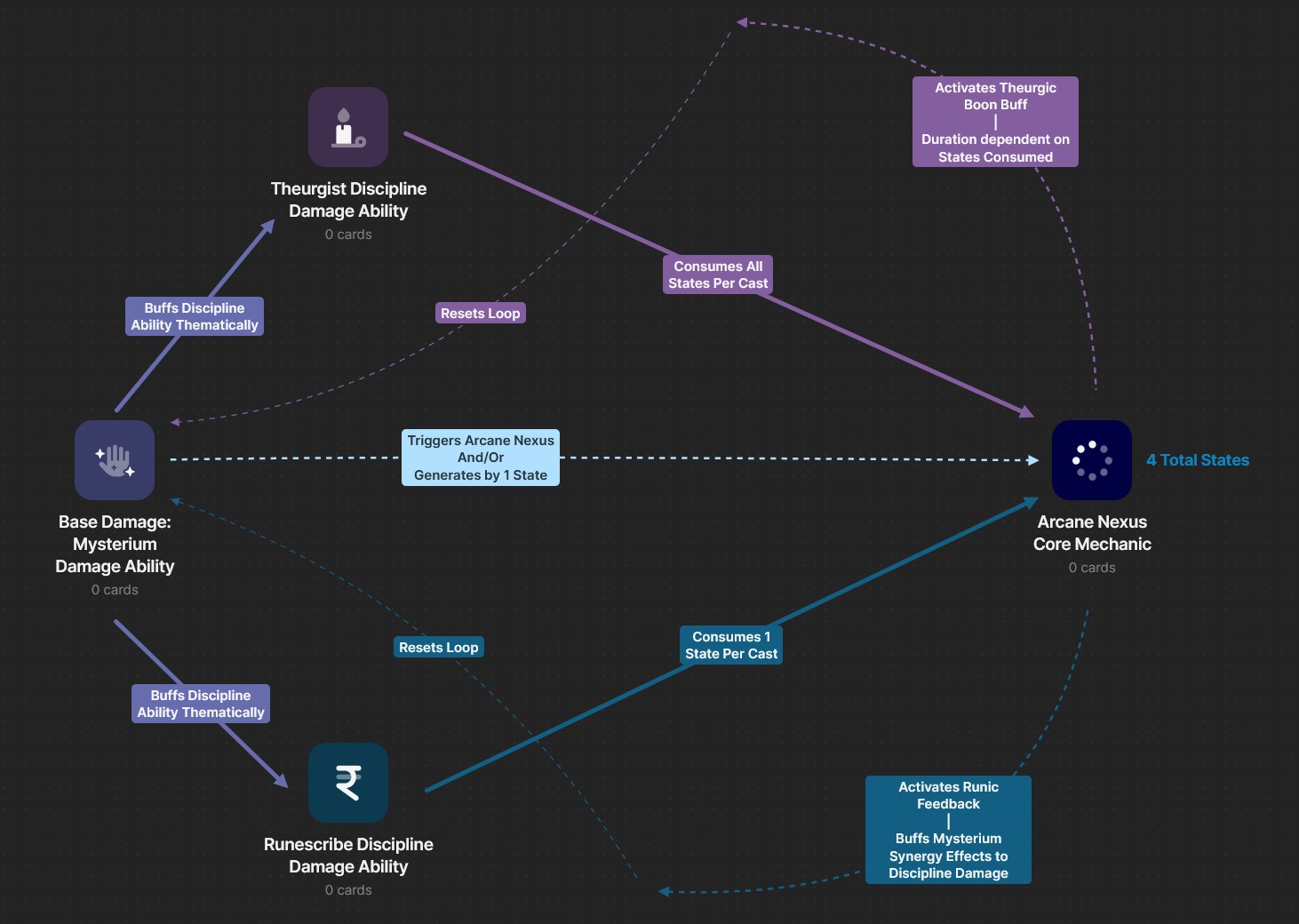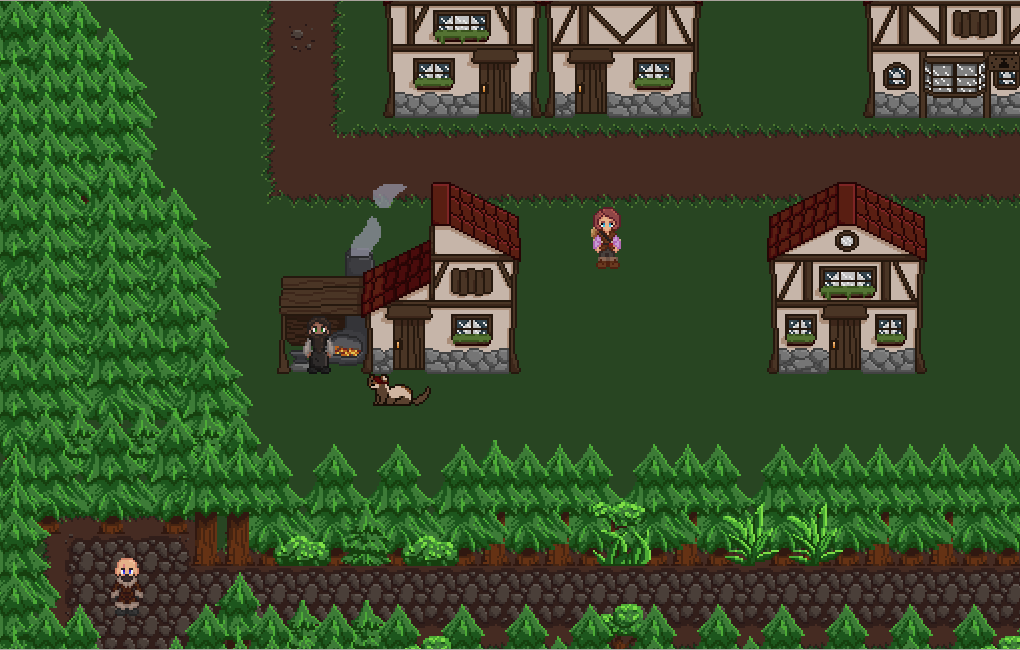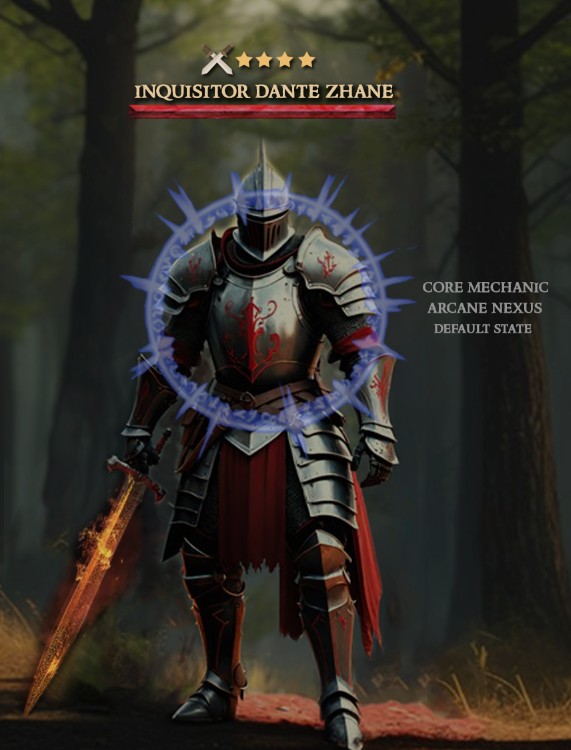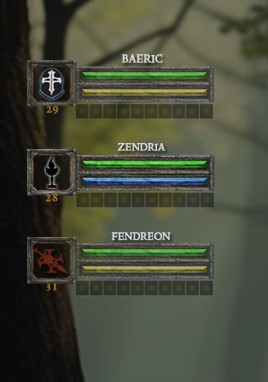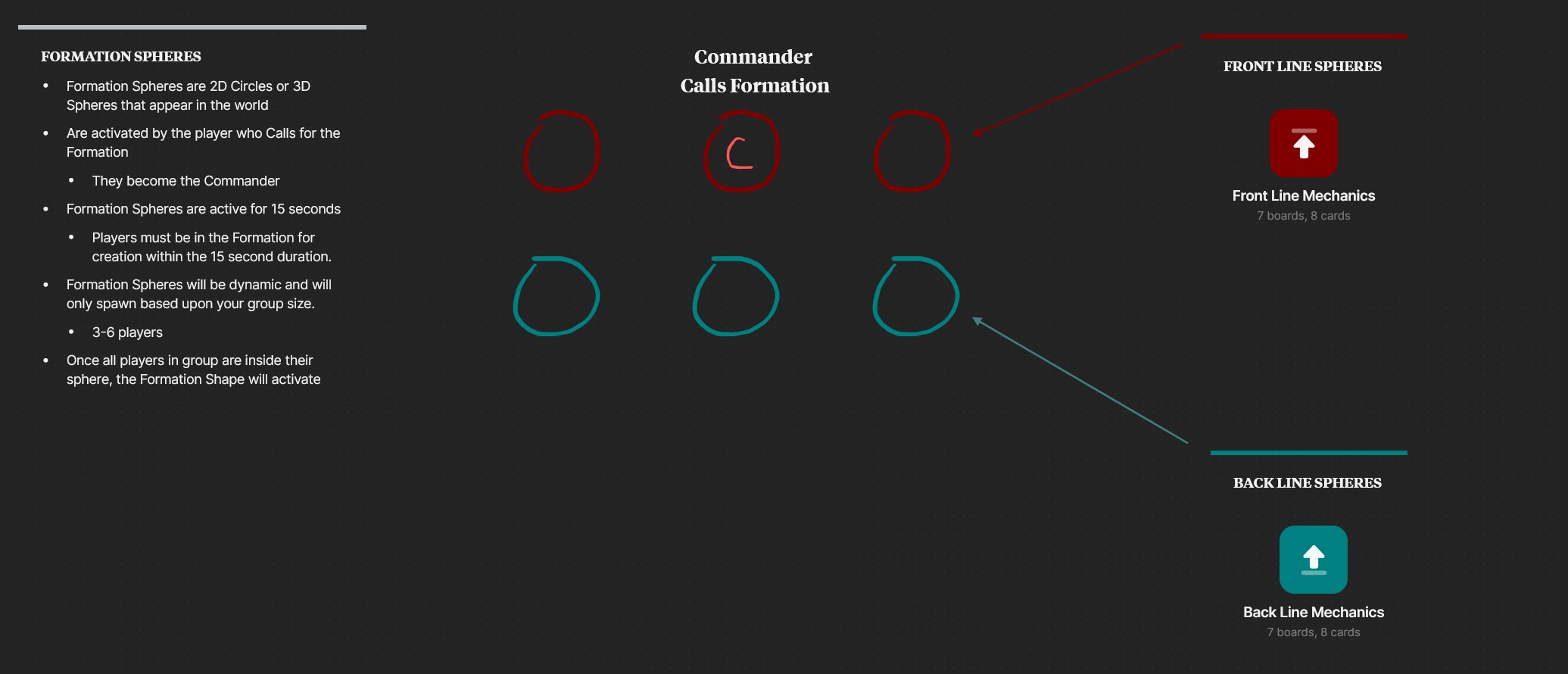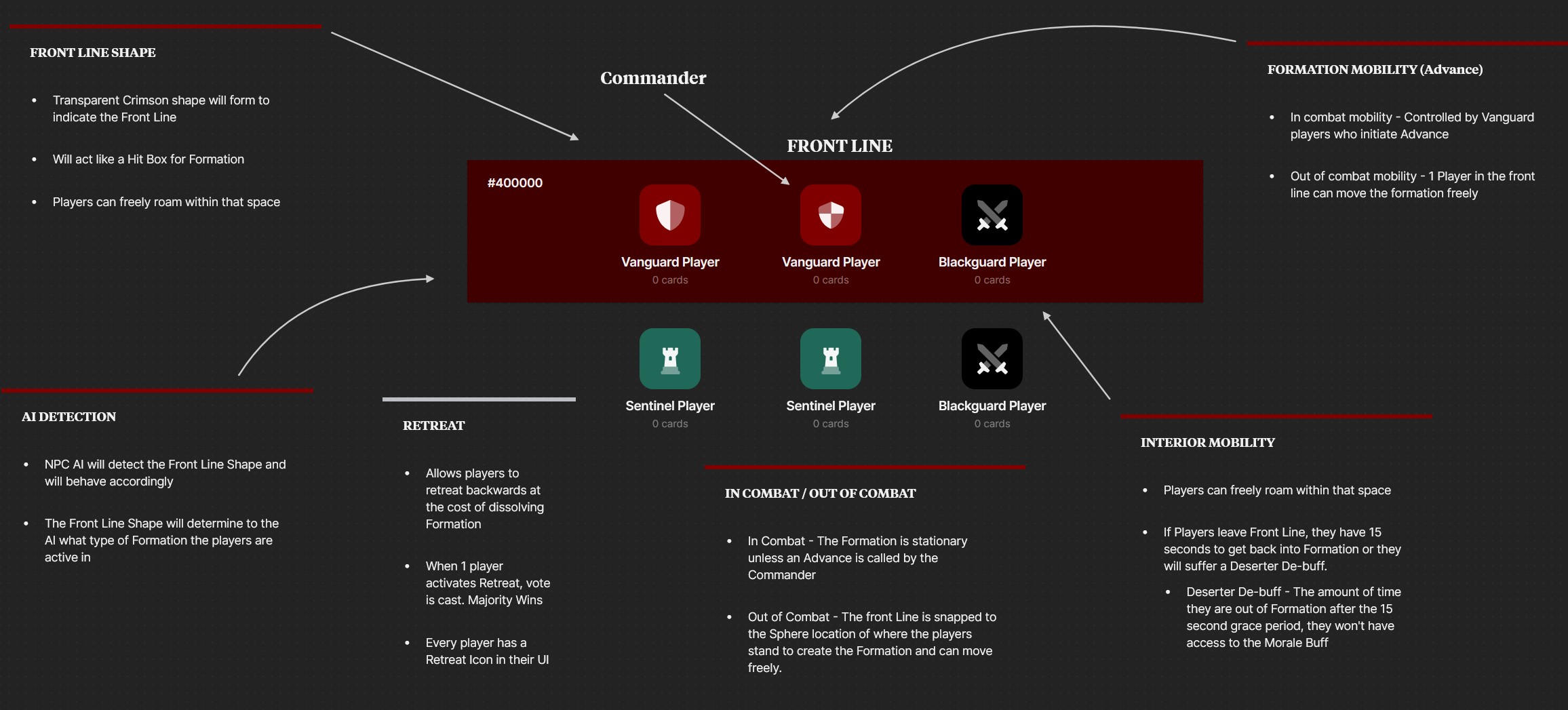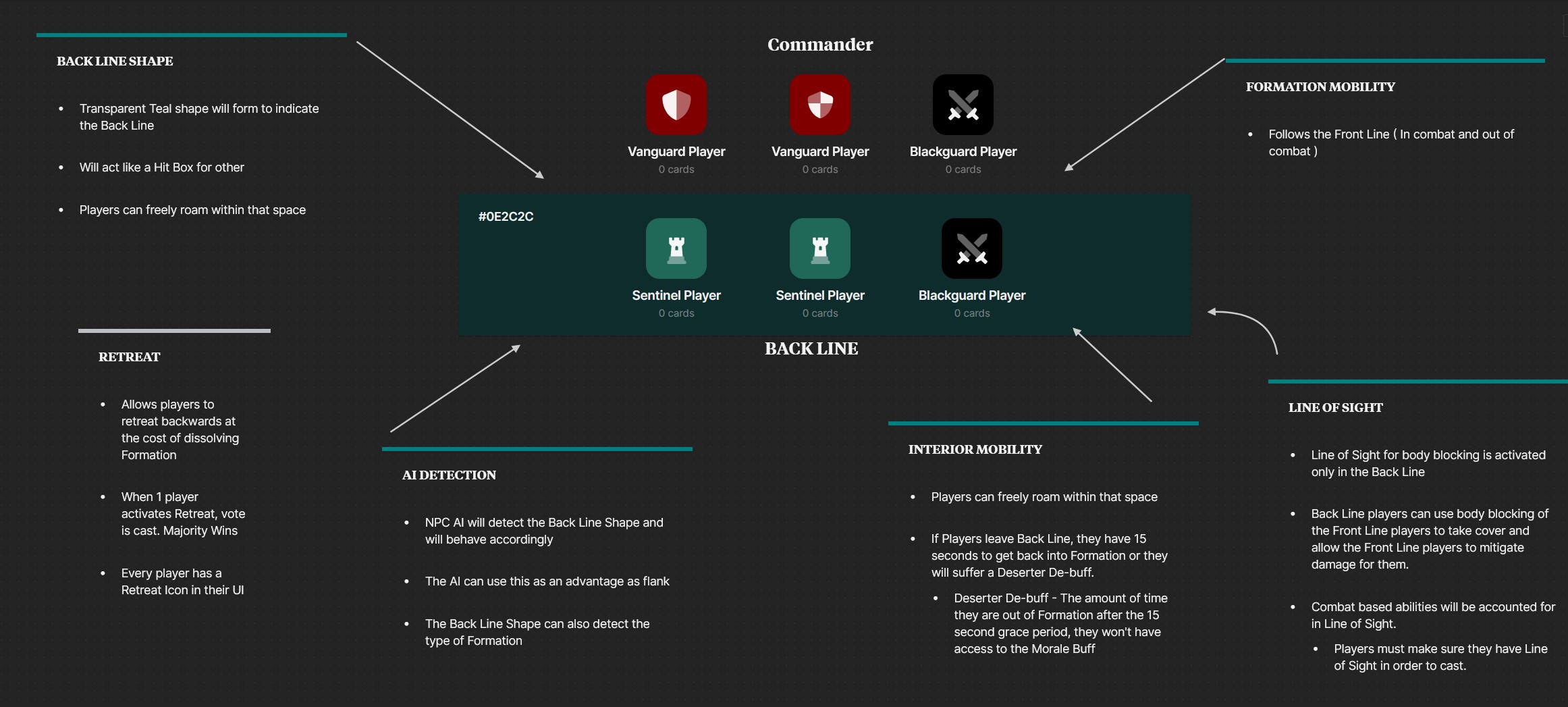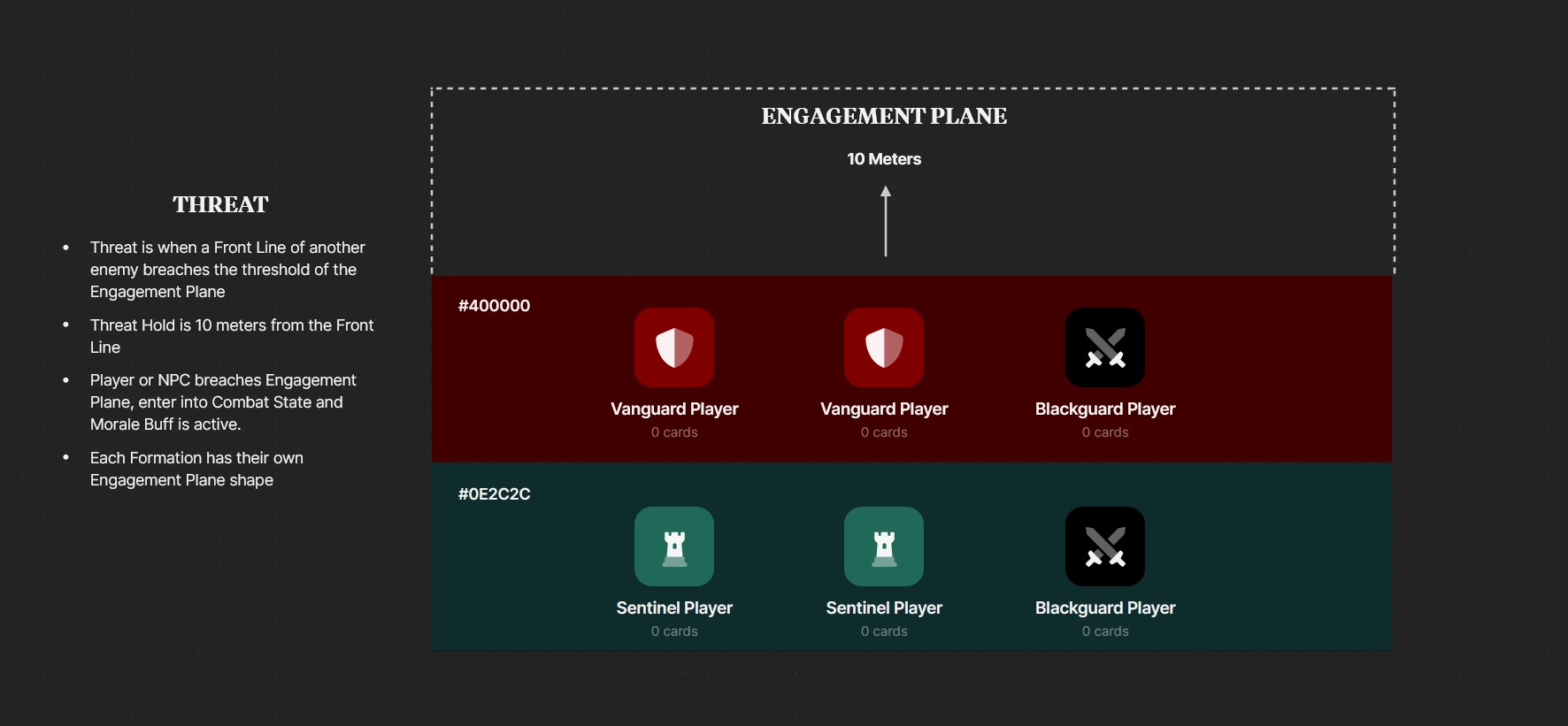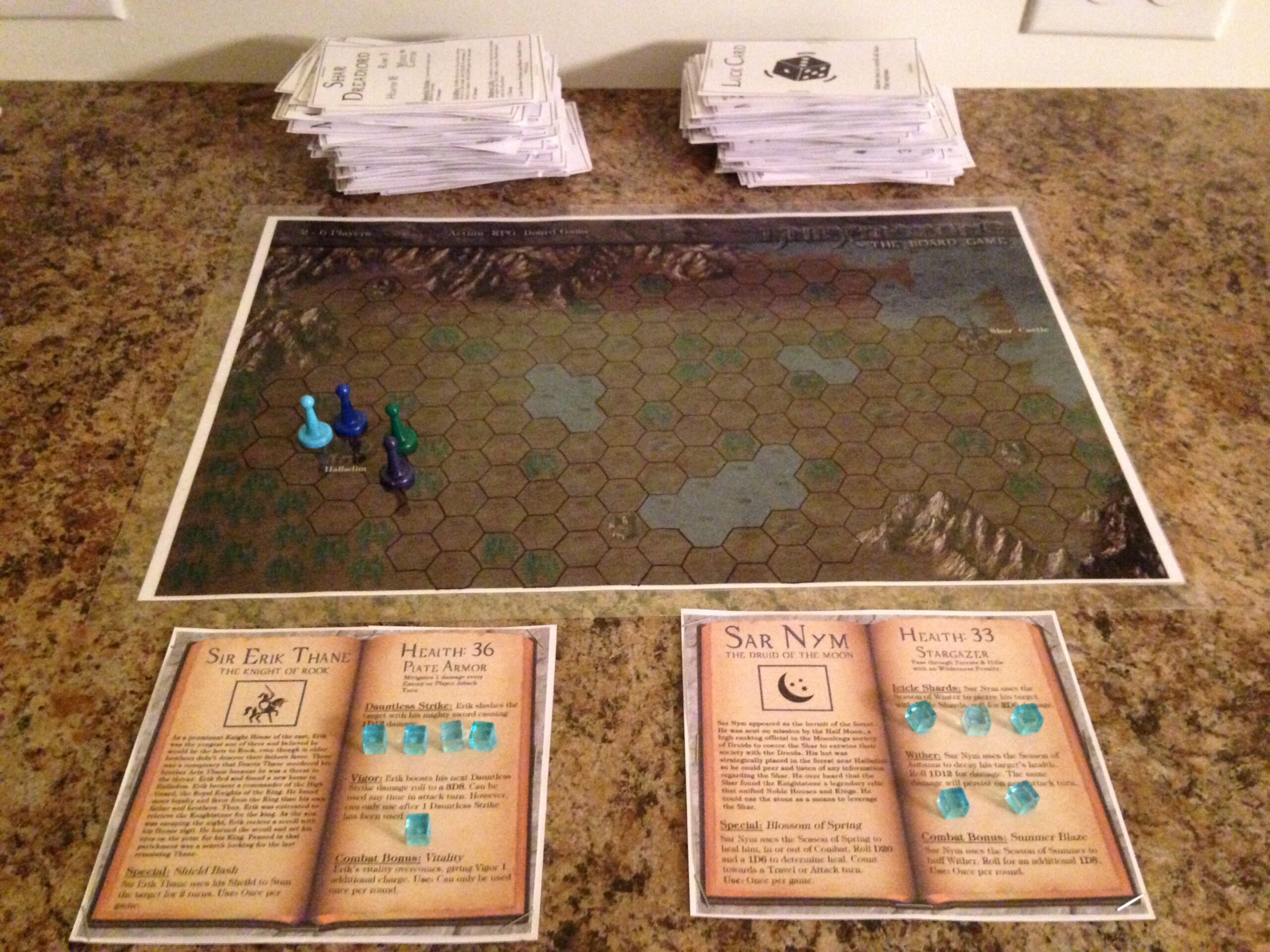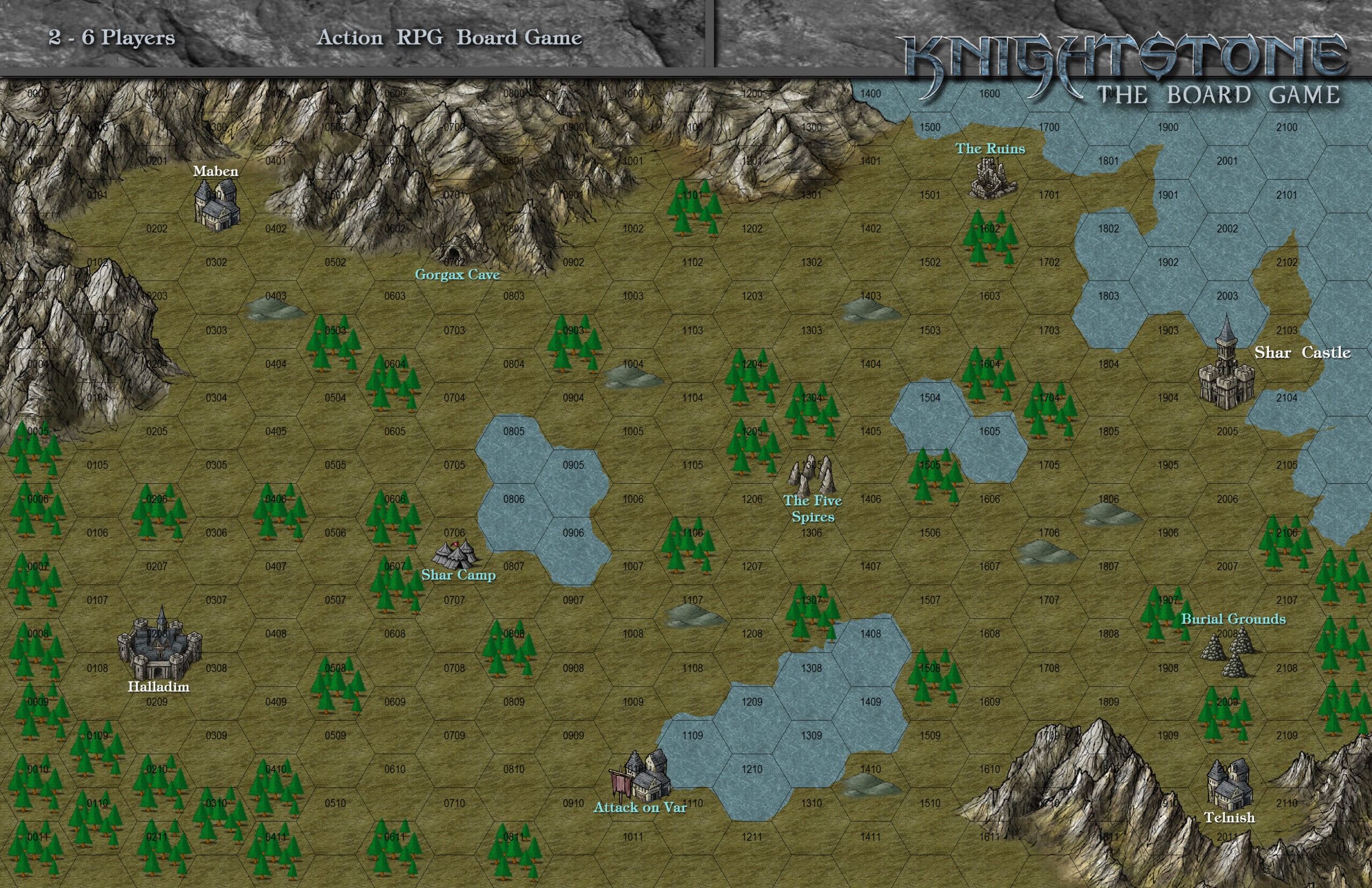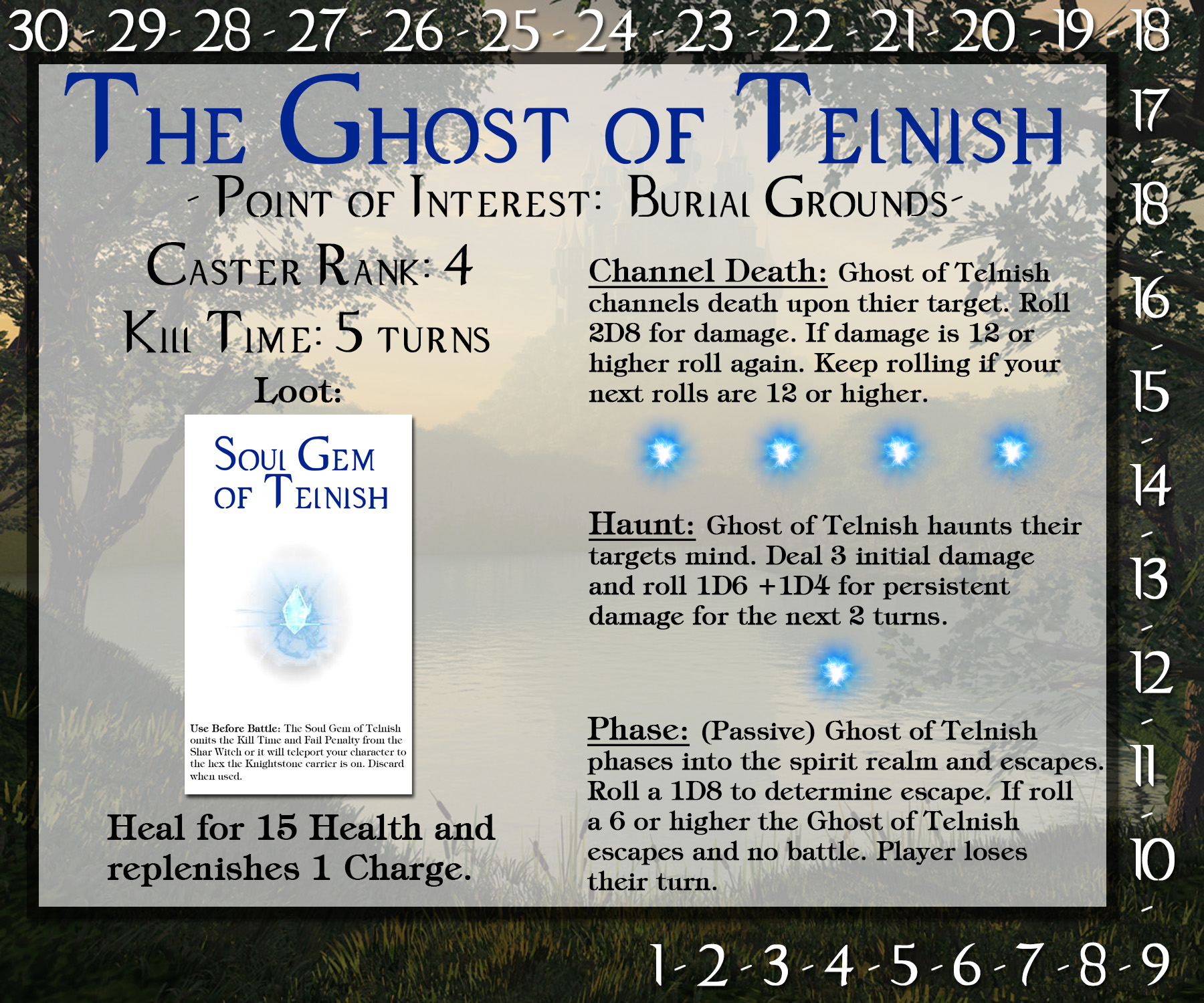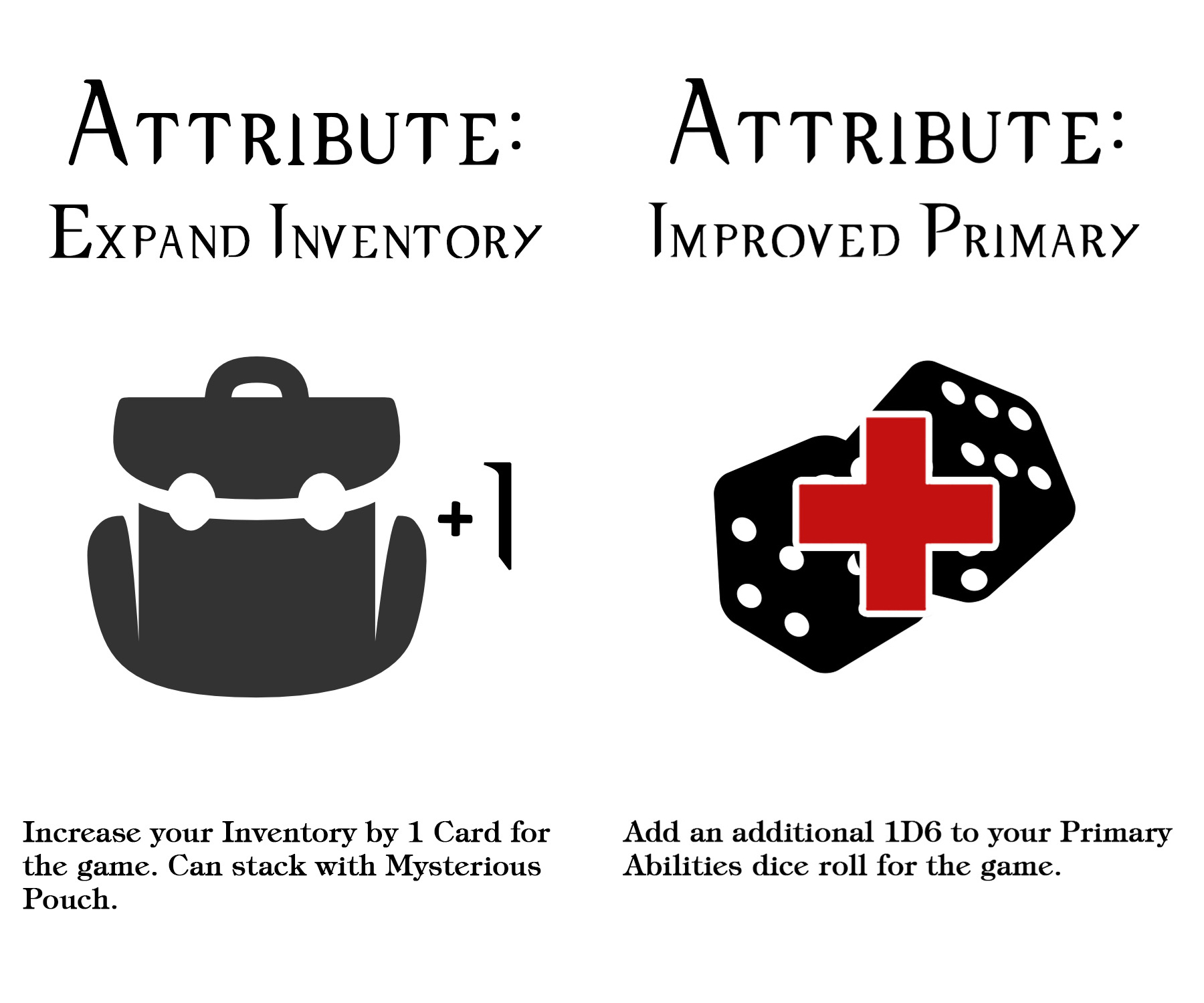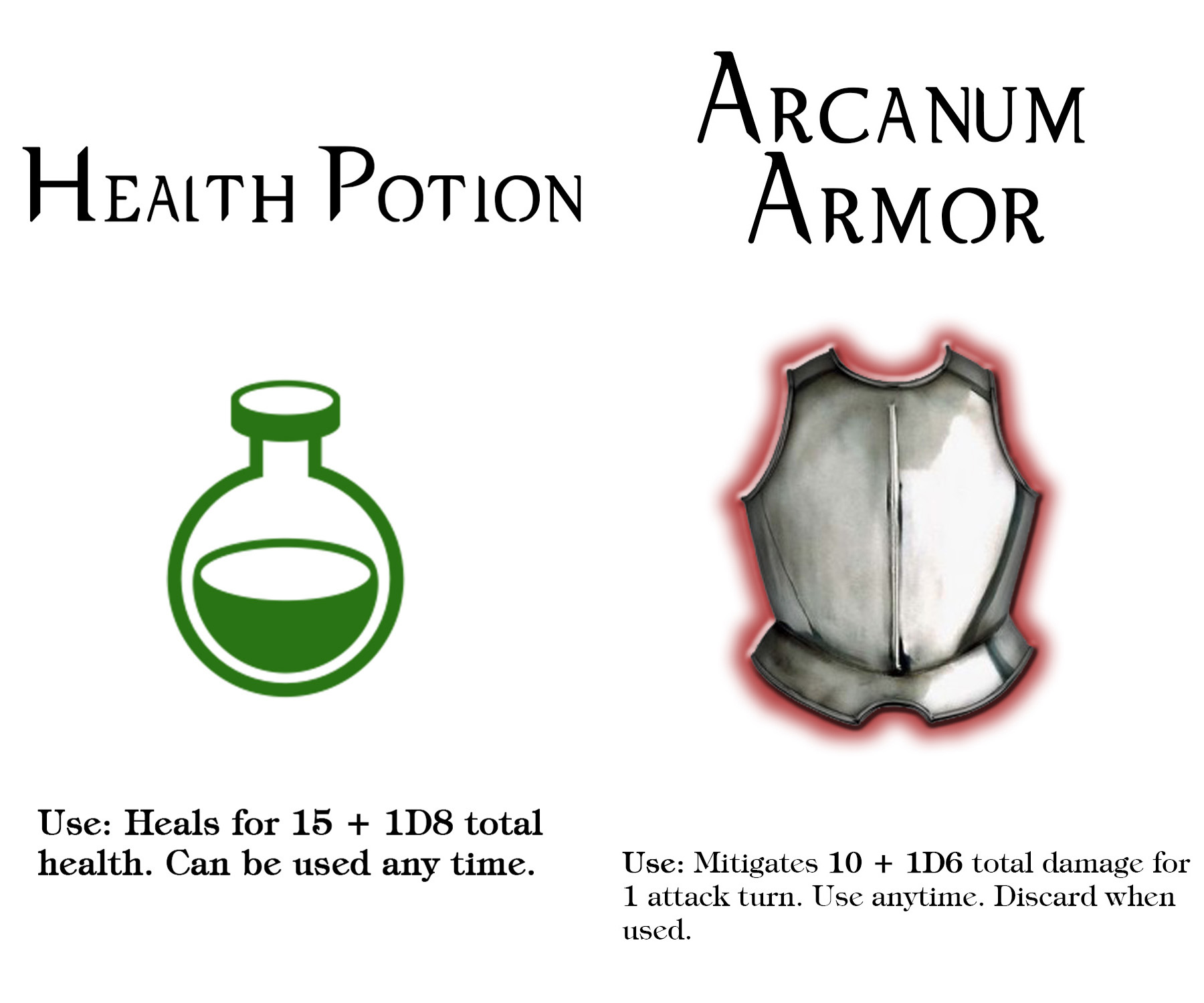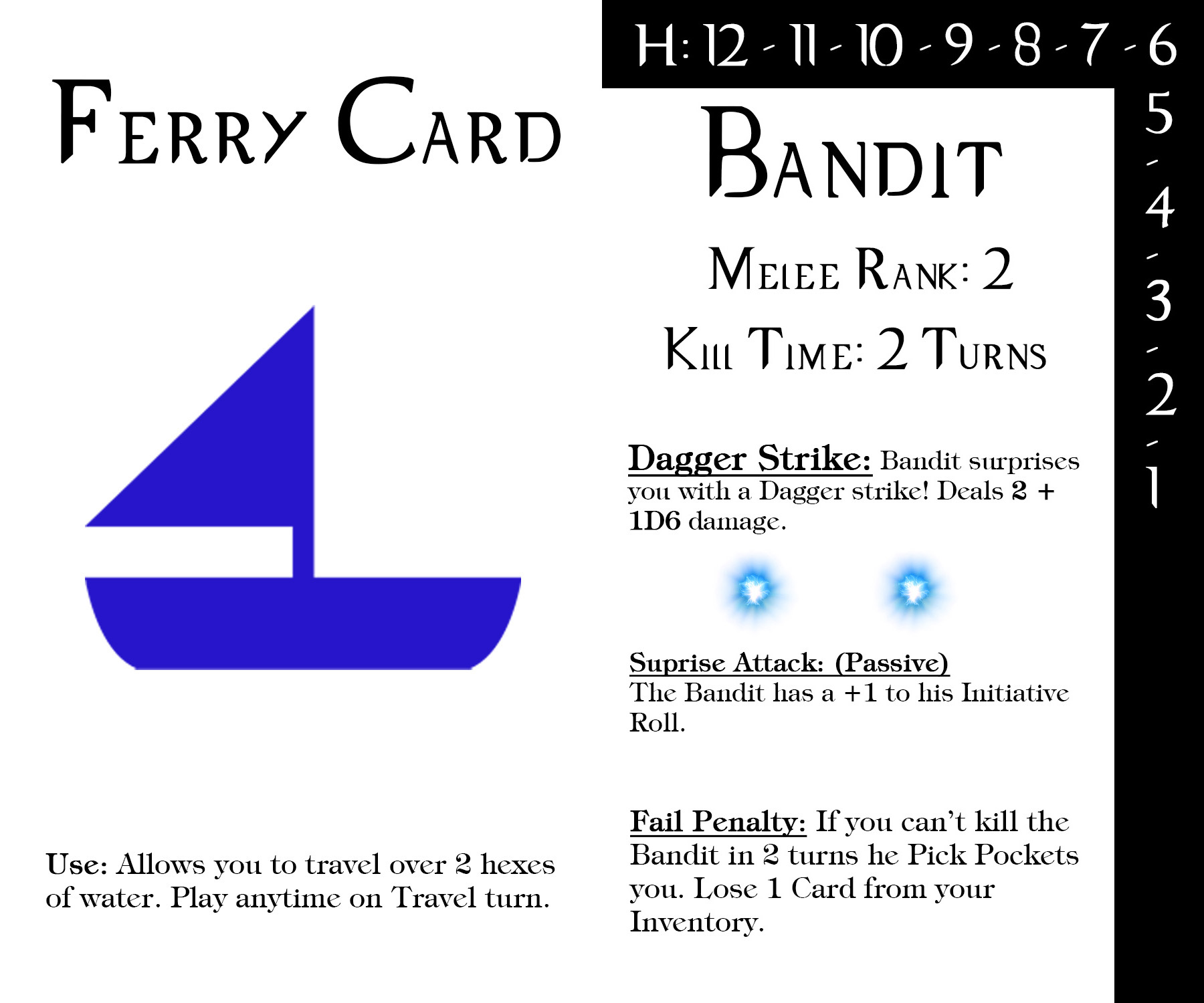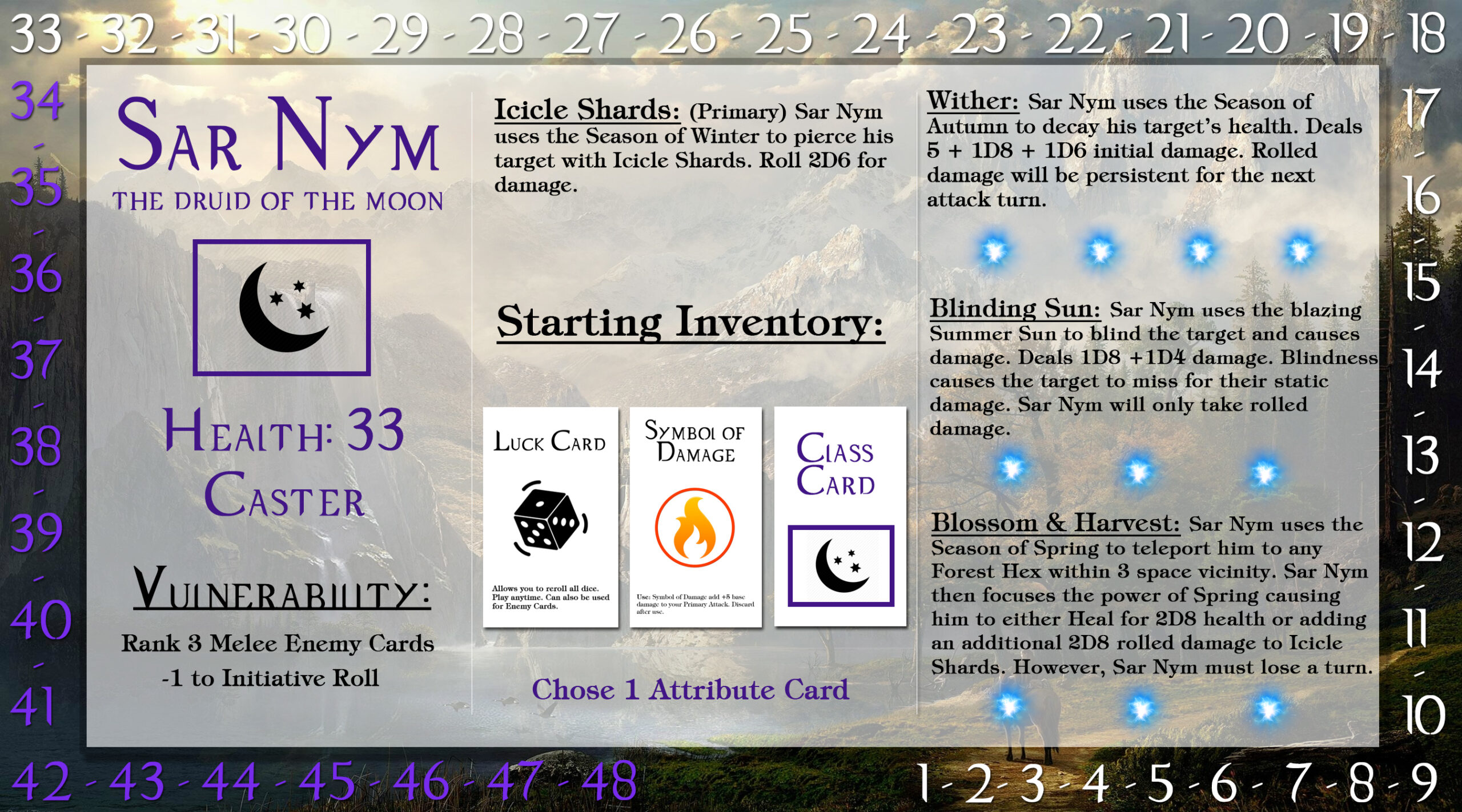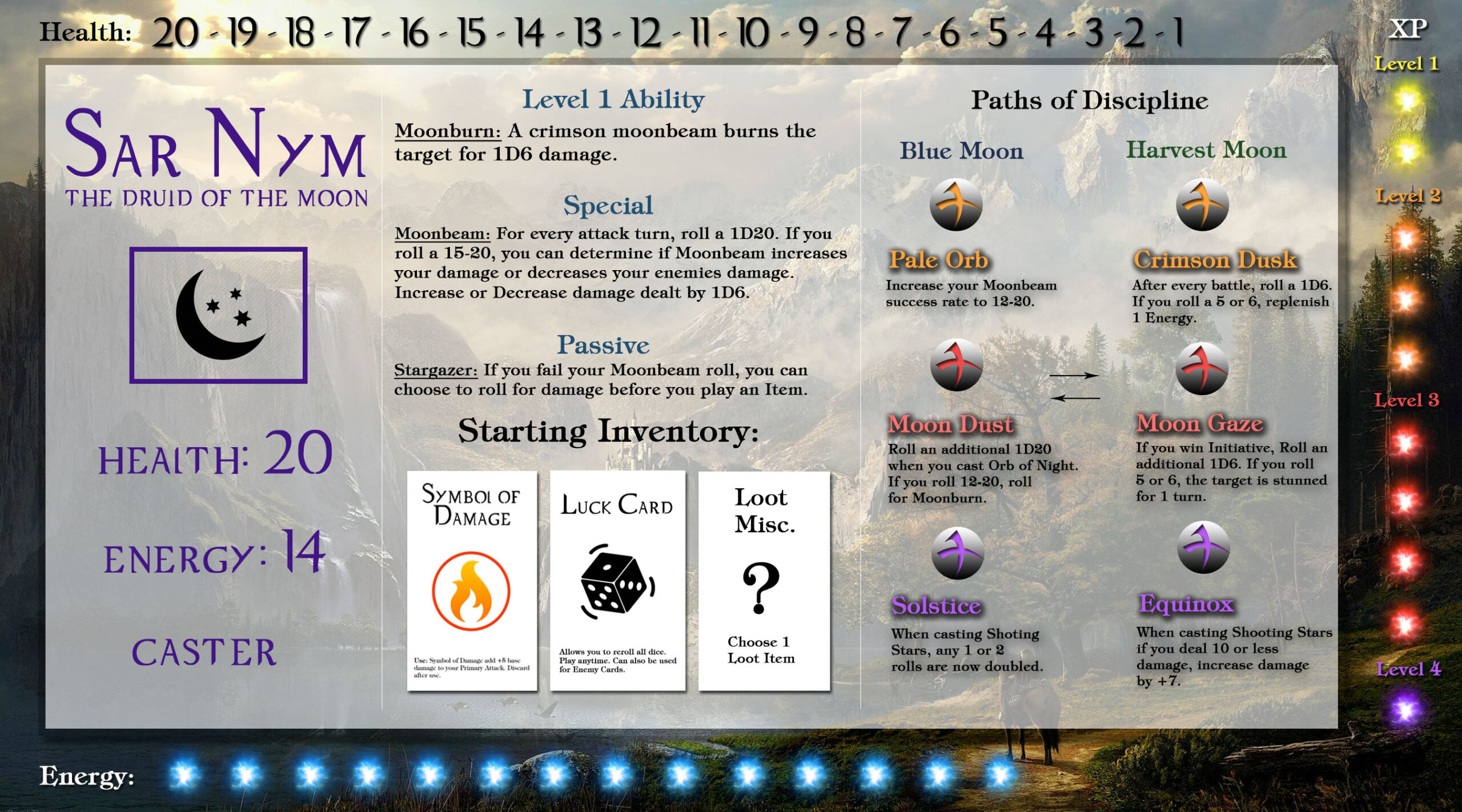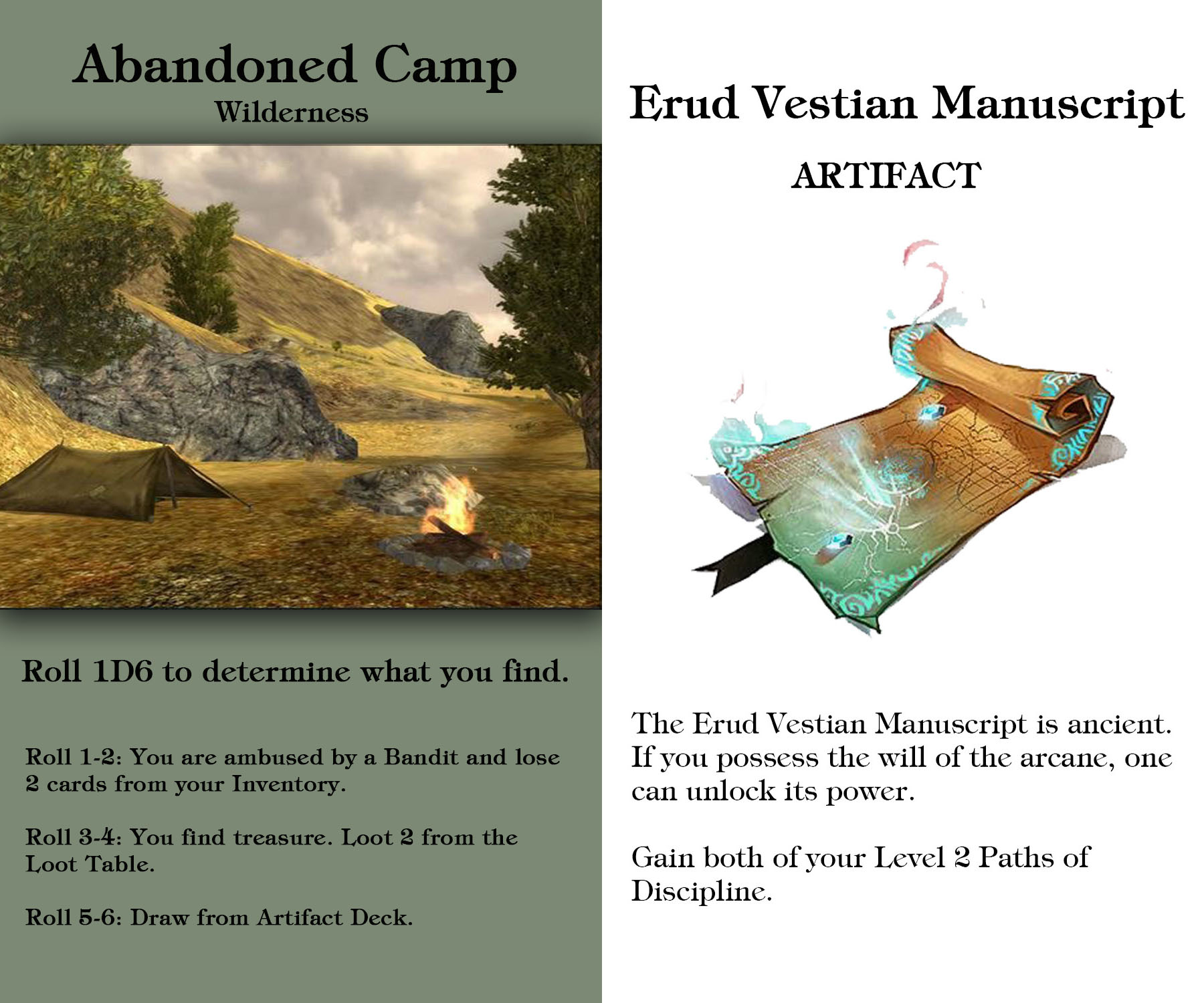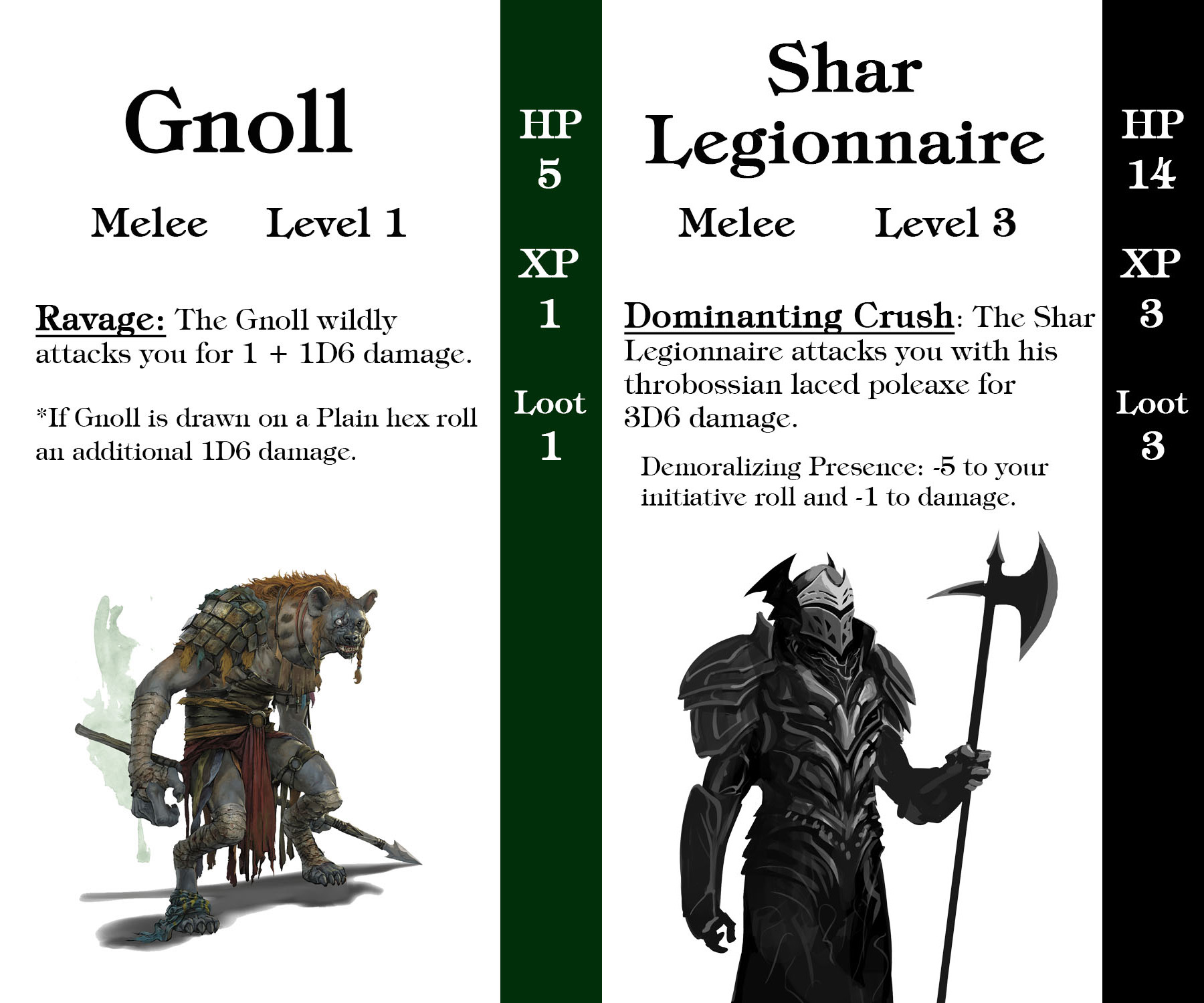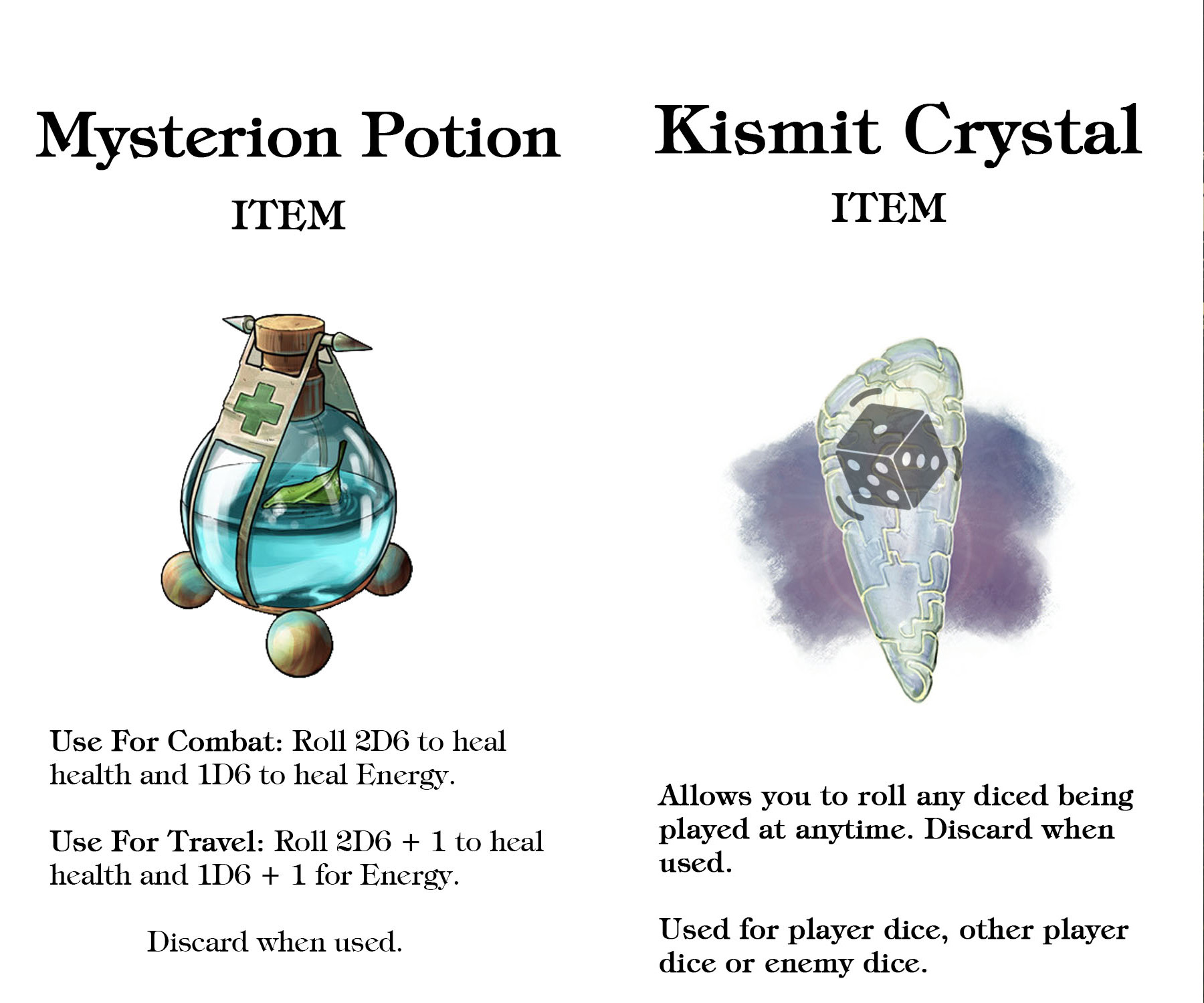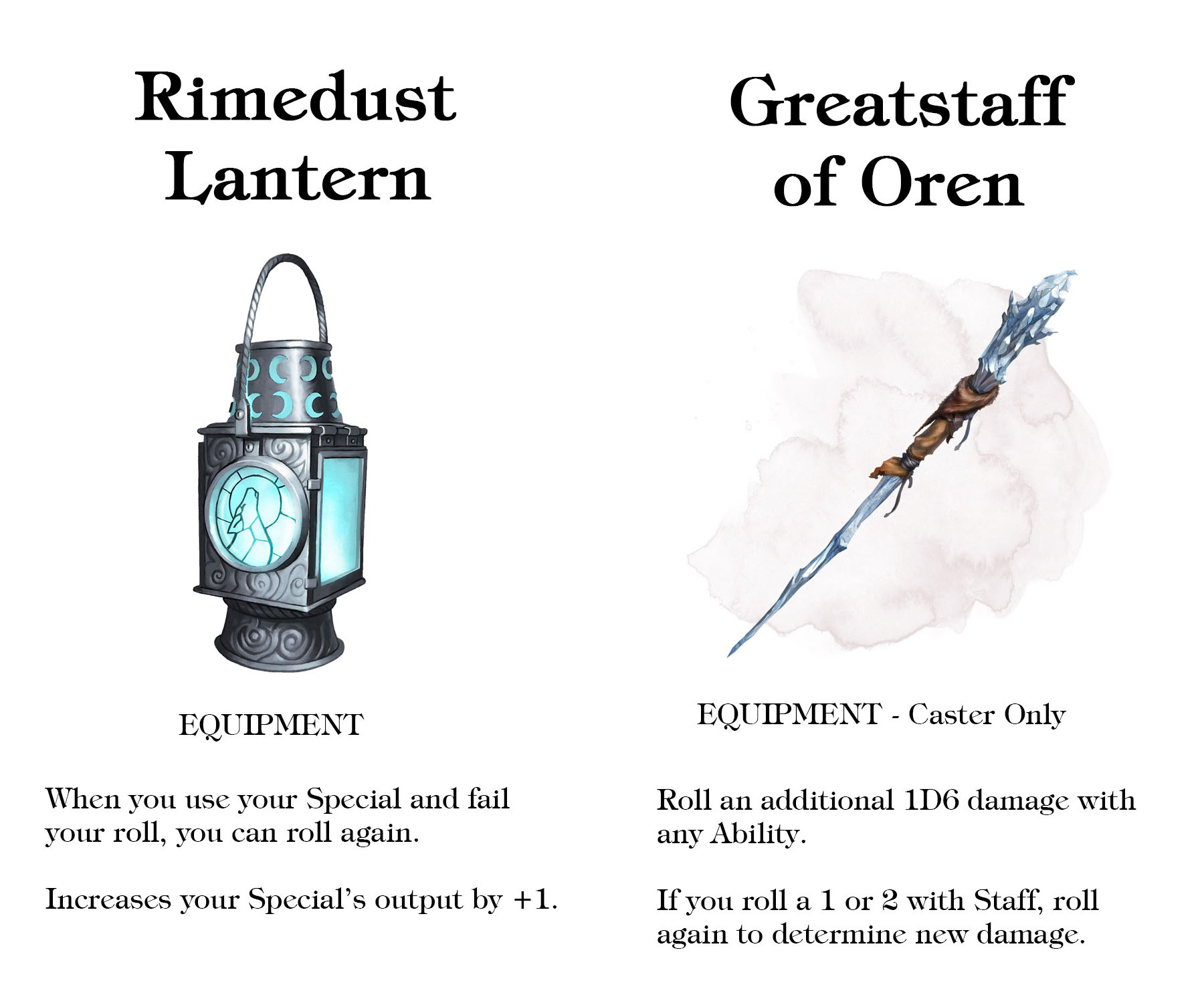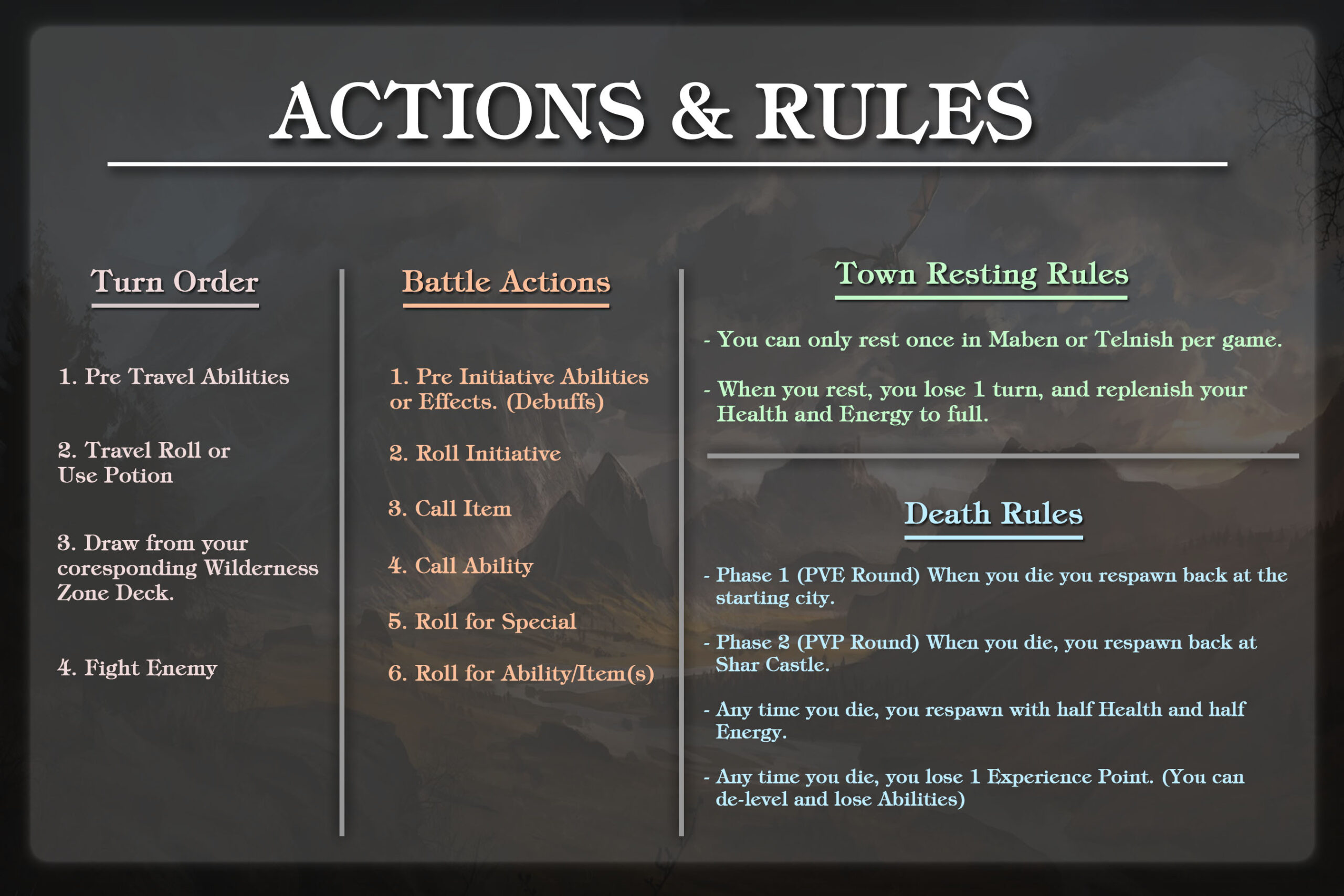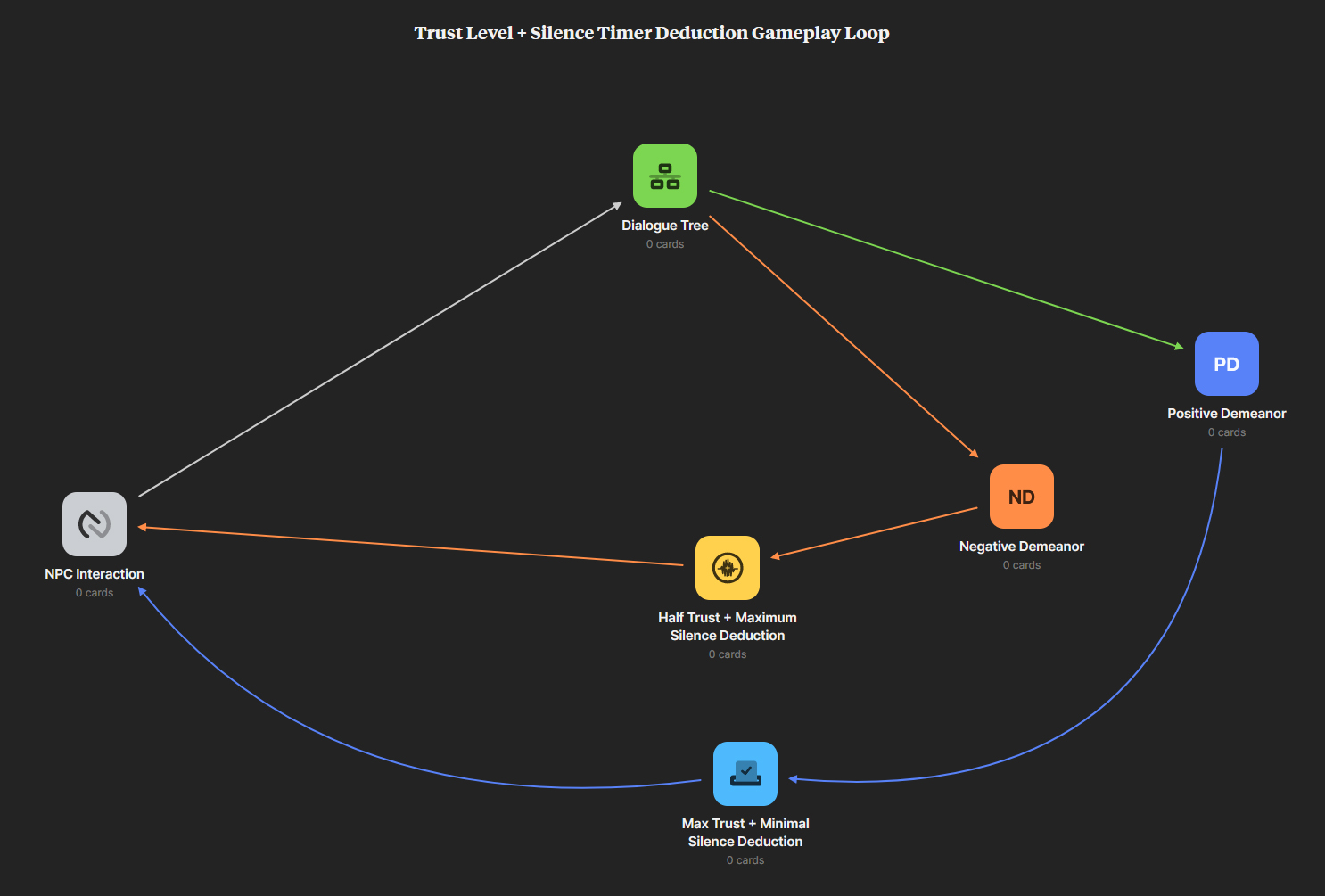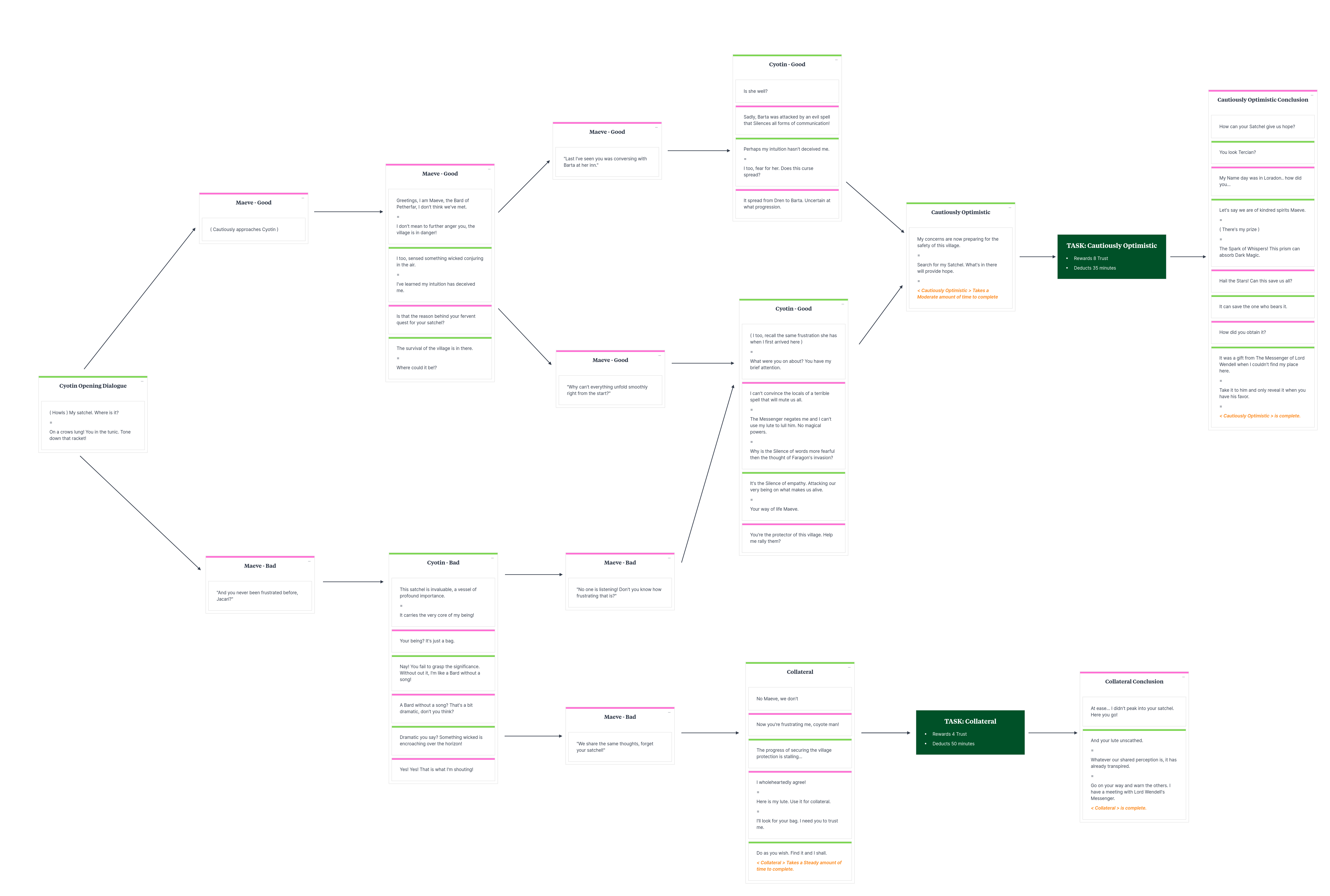Mystic Class
Arcane Nexus Class Mechanic
Role: Game Designer
Genre: MMORPG
Gameplay: PVE
VISION: Deliver a multi-layered combat experience that seamlessly integrates ability synergy with a class’s core mechanic, enhancing strategic depth and player engagement.
Ability to Core Mechanic Synergy
Base Damage Abilities: The Mystic’s base abilities generate damage and resources, triggering Discipline bonuses that feed into the Arcane Nexus by generating states.
Runescribe Discipline: Increase damage by amplifying synergy through Runic Feedback, consuming Nexus states to enhance offensive power.
Theurgist Discipline: Extend buffs and provide sustain through Theurgic Boon, consuming all Nexus states to prolong sustainability.
Arcane Nexus: Central to both Disciplines, the Nexus builds synergy with Runescribe abilities (for damage) or Theurgist abilities (for sustain), creating a dynamic loop that enhances the Mystic’s combat effectiveness.
Layered Synergy: The Disciplines and Arcane Nexus interact dynamically, allowing players to switch between burst and sustain depending on combat situations.
(Unified for Both Disciplines)Arcane Nexus Build Progression
Visual Breakdown: Each cast of a Mysterium Damage ability charges the Arcane Nexus, building states that prepare for Runescribe or Theurgist abilities to consume.
Player Experience: The player feels a growing sense of momentum as each cast charges the Nexus, anticipating the moment to unleash its power through a decisive strategic choice.

Arcane Nexus
Consume Loop: Runescribe Discipline
Visual Breakdown: Each Runescribe ability consumes the most active Nexus states, amplifying Runic Feedback to increase damage output.
Player Experience: The player experiences a surge in offensive power with each consumed state, timing abilities to maximize damage as the Nexus gradually resets.

Arcane Nexus
Consume Loop: Theurgist Discipline
Visual Breakdown: Each Theurgist ability consumes all active Nexus states, amplifying Theurgic Boon buff duration by 3 seconds per Nexus state consumed.
Player Experience: The player experiences a surge in offensive power with each consumed state, timing abilities to maximize damage as the Nexus gradually resets.

MYSTIC Class ui
MMORPG Default UI Mock Up
Genre: Narrative RPG
Gameplay: PVE Combat
UI Design Overview
Design Goal:Designed with centralized layout principles, this UI places high-frequency interactions (abilities, buffs, health) in the lower third for quick access and reduced cognitive load. The Mystic’s Core Mechanic, Arcane Nexus, appears as a contextual HUD on the enemy target, reinforcing class identity and enhancing immersion through in-world feedback.
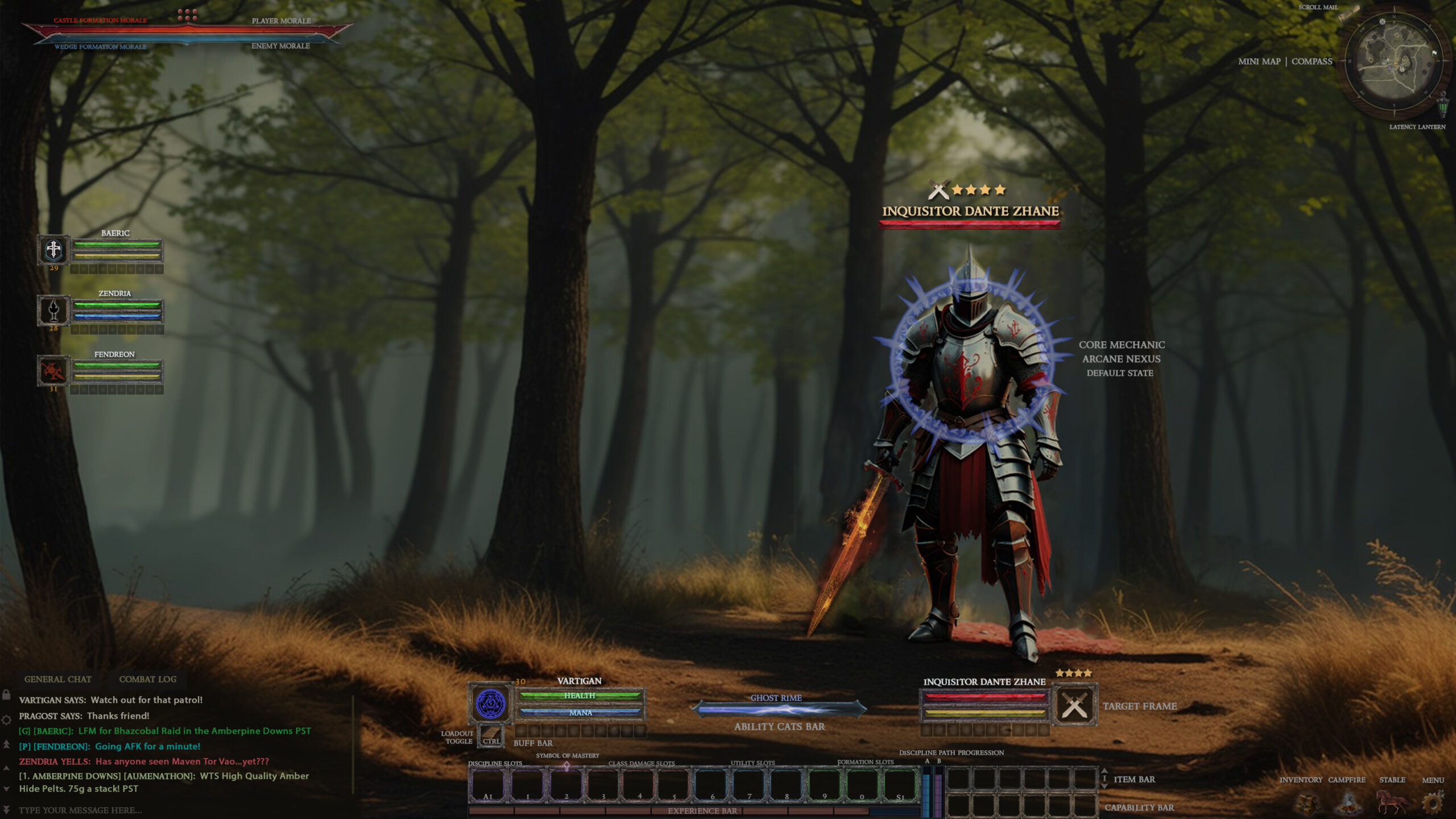
Anchor the Combat
Centralizes fast-paced combat inputs to minimize eye travel and reinforce rhythm during high-action gameplay.
Click
Class Identity Reinforced
Projects class mechanics as contextual HUD elements on enemies to enhance immersion of class identity
Click
Field Awareness
Positions ally frames for quick steam scanning and battlefield awareness during encounters.
Click
Combat system
Formation Combat Iterations
Role: Game Designer
Genre: MMORPG
Gameplay: PVE
VISION: Innovate on the trinity gameplay model in MMORPGs to deliver a fresh tactical experience, while preserving the integrity of traditional roles.
Iteration 1: Rigid Snap
Design Goal: Create a Formation system that snaps to the Commander, maintaining strict control over player positioning.
Challenge: The rigid system reduced tactical depth by limiting player roles and strategic flexibility.
Player Experience: Players felt constrained, with limited control and fewer opportunities to make tactical decisions, reducing overall engagement.
Change: The next iteration introduced a more fluid movement mechanic, giving players greater mobility and agency.
Demonstrating the rigid formation system, where all players are locked in place and follow the Commander
Iteration 2: Tether Mechanic
Design Goal: Remove the Formation shape and introduce tethers, giving players more freedom to move within the group while maintaining team coordination, to alleviate the feeling of restriction from the previous iteration.
Challenge A: The tether mechanic allowed too much mobility, making gameplay feel convoluted and difficult to manage.
Challenge B: Tethering also caused confusion during Formation swaps, limiting tactical clarity and creating unnecessary complexity.
Player Experience: Players felt overwhelmed by the level of mobility and found it difficult to maintain tactical awareness. The constant need to manage tethers during formation swaps reduced the sense of control and clear objectives.
Change: The next iteration removed the tether mechanic, opting for a more structured yet flexible Formation that offers tactical movement without the confusion of excessive mobility.
Players experience excessive mobility, leading to confusion and difficulty maintaining tactical focus.
Iteration 3 (Current): Free Form Shape
Design Goal: Create a dynamic formation system where players can move freely within the formation shape, maintaining tactical depth without feeling restricted, while still being led by the Commander.
Challenge: Striking the right balance between giving players freedom of movement and keeping the formation structure intact to maintain tactical coordination and synergy.
Player Experience: Players feel empowered by having control over their movement within the formation, while still understanding their role and contributing to team success.
Change: Removed the tether system to allow for more intuitive movement within a visible formation shape, providing both tactical flexibility and maintaining the structure needed for coordinated gameplay.
Players move within the formation, the Blackguard flanks, and the Commander leads the formation forward through tactical advances.
In-Depth Overview of Iteration 3
Creation Spheres
Click
Front Line Wire Frame
Click
Back Line Wire Frame
Click
Engagement Plane (Threat)
Click
board game
Knightstone
In 2016, I decided to take on a journey with the goal of creating a board game that captures a glimpse of my MMORPG Game World. This project serves as a means to gather valuable experience by subjecting my designs to player testing and iteration to enhance the game.
Join me as I guide you through three iterations of my Adventure RPG Board game!
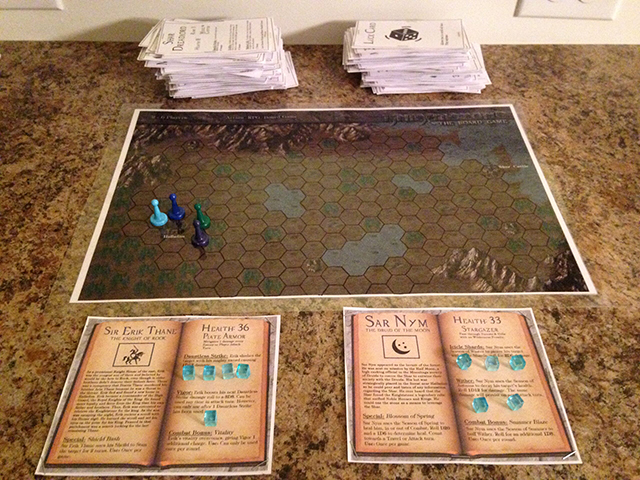
Iteration 1: The Conception
The Vision of the board game. Play tests reveal one dimensional gameplay.
Click
Iteration 2: Expansive Design
The goal was to create more player agency at various degrees of gameplay.
Click
Iteration 3: The Refinement
Play test reveal different design decisions to refine the games mechanics.
Click
2d narrative rpg
A Fool's Errand
Genre: Narrative RPG
Gameplay: Quest
Guiding the creation of the Game Design Document (GDD) and shaping
the overall project vision.
Wireframed core gameplay mechanics in Milanote, including a Silence Timer Resource,
which dynamically adjusts player agency, and Trust Level Mechanics that affect
narrative outcomes with NPCs.
Designed branching Narrative Dialogue Systems, ensuring player choice
directly impacted in-game character relationships and story progression.
Core Gameplay Loop
Trust Level & Silence Timer
Design layered systems where dialogue choices impact trust levels and manage the Silence Timer, creating cohesive and immersive gameplay.
Click
Loss condition progression
Silence Timer Effects
Designed the Silence mechanic to visually & thematically impact gameplay by cleverly impacting dialogue boxes, reinforcing the narrative's progression and player choices.
Click
Narrative
Dialogue Tree
Designed branching dialogue trees where demeanor-based choices impact the Silence Timer and Trust Level, and advancing narrative progression through tasks.
Click
Game Designer
About Me
Hi! I'm Jerrit, a Game/System Designer and my passion for designing games started back in the classic SNES days of Super Mario World. My passion for creating maps cohesively complemented the world map designs of Super Mario World.
My mind is vast and full of wondrous amount of imagination. I've longed for a game where I could explore the world in a 3D environment without zone boarders. Then, my best friend introduced me to EverQuest. I immediately fell in love with the MMORPG genre. Still had zone boarders but the immersion of that game was truly remarkable. I knew then, this is what I wanted to pursue in life.
As I grew older, my passion bloomed into designing a thematic vision for my MMORPG Project. With the direction of a re-approach to an existing gameplay models without breaking the wheel. Often times, the gameplay models are rehashed or trying to break the trinity class role mold.
"The wheel is the structure in which the vision and designs dwell in. Re-approach what lives within. Change the hub-cap to an alloy rim within the structure of the wheel still intact."
That's the philosophy I have been connecting with for my MMORPG Project designs. I typically see the vision for the game as the big picture, then break that down into many systems that thematically mold into that vision. I have been focusing on: Setting, World Building through Lore, World Map and political structures, Racial Lore Profiles, Class Design, Encounter Design, Combat Mechanics, UI Design, Crafting System and Smart Scale Zone Tiers for non linear vertical character progression in the world.
To take another creative endeavor further, I have started to write a novel, Folklore: The Phantom's Folly, based on my main story arc for my mmorpg. It's written in low to mid fantasy with a soft magic system.
I would love to contribute to your team and collaborate with your team as a Game/System Designer. Looking forward to hearing from you soon! Contact Me! JReedGameDesign@gmail.com

Connect
Email Me: jreedgamedesign@gmail.com
LinkedIn: J. Reed

